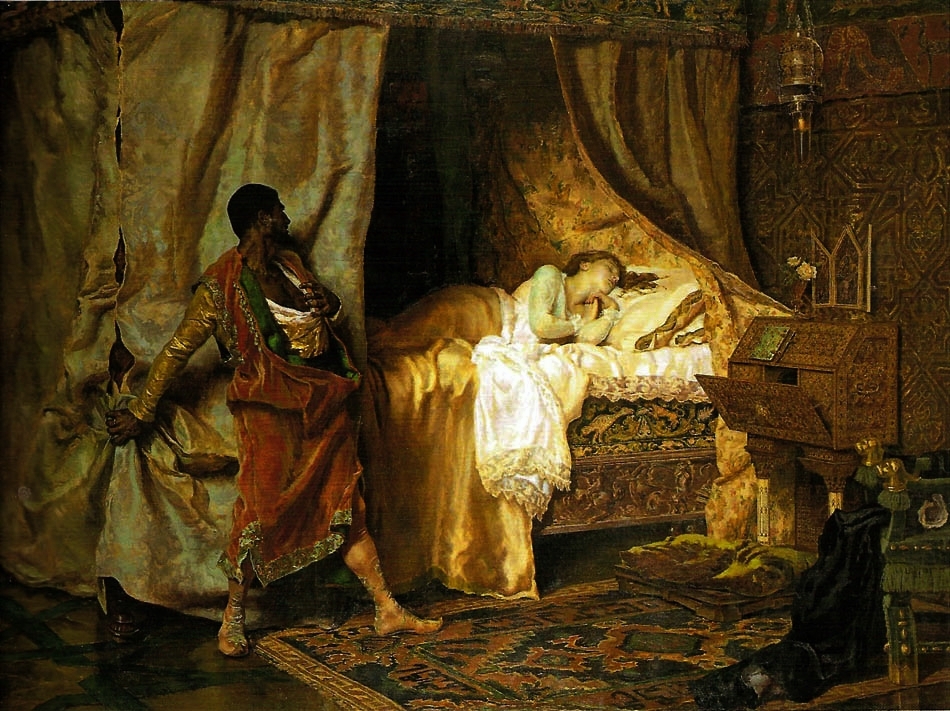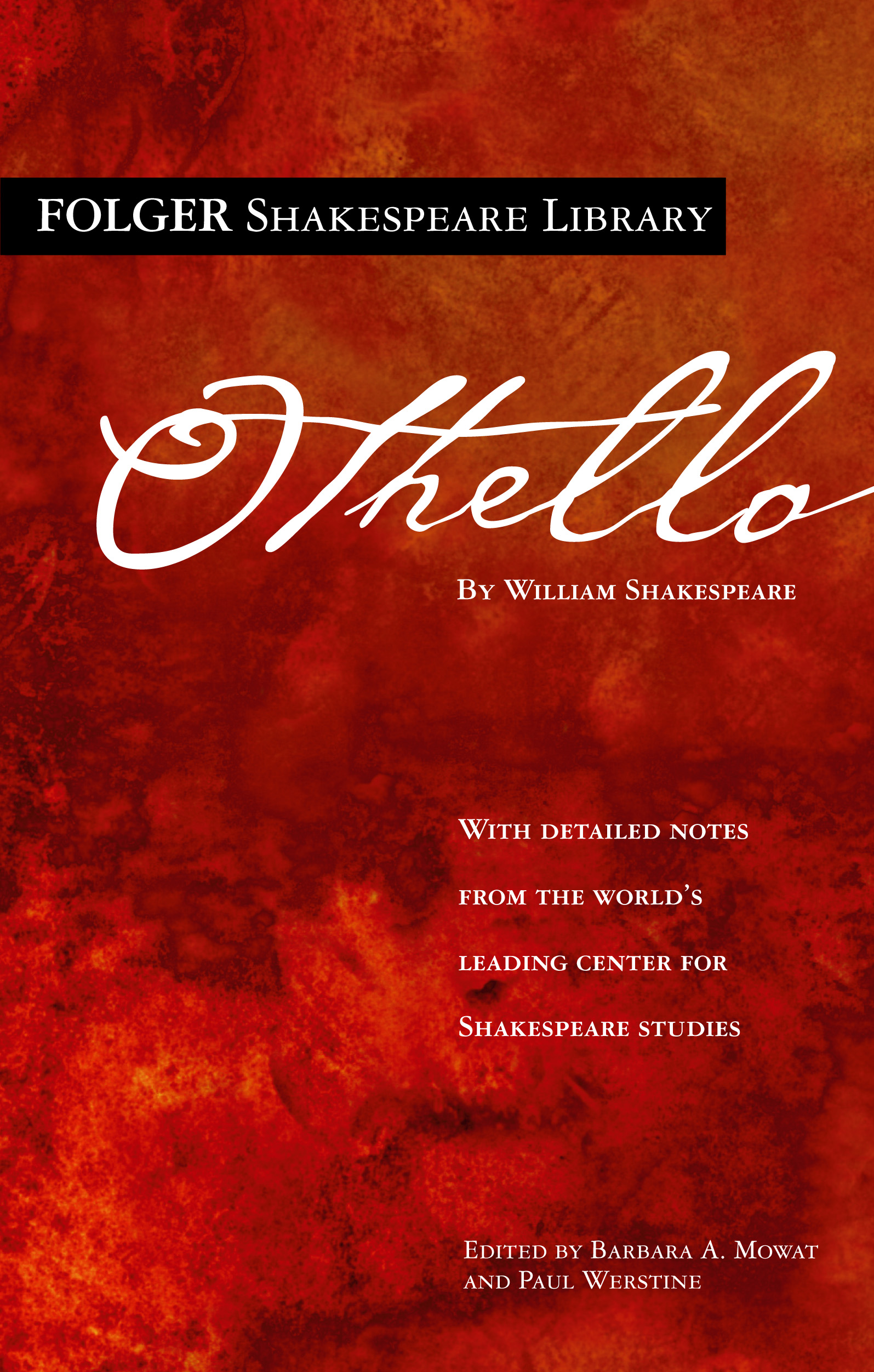

Iago can therefore be under-stood as intimately tied to hegemonic discourse only inso-far as that discourse is symbiotically analyzed alongside an investigation of Othello in terms of his attempt-and ultimate failure-to achieve self-charac-terization outside of Iago’s pervasive influence. Instead, we must understand Iago’s rhetorical function via close analysis of Othello’s cultural con-text, source texts, and internal struc-ture, or field of reference. However, because historical and social context is vitally important to any examination of racial discourse, it is important to note that Iago’s employ-ment of what might be now called hege-mony should not be examined solely in contemporary terms. In order to identify the power in these contradictions, this paper will attempt to come to an understanding of Iago that places him analogous to and rep-resentative of hegemonic discourse itself. Iago functions at the center of a paradox he is simultaneously intense-ly human and distinctly systemic, gener-ative of tragedy and victim to it, brilliant in speech and inscrutable in motivation. Iago, infamous villain and rhetorician, is crucial to the political dynamics of the text, which are in turn crucial to the depth of its tragedy. What makes Othello compelling, however, is not simply the presence of racial tragedy itself, but the fact that the events of said tragedy are co-authored by one of its characters and ultimate victims.

Othello’s engagement with hegemony, taking place before the concept even existed as such, runs parallel to England’s first ventures into colonialism, alongside a racial anxiety that was just beginning to pervade Western culture. Iago is neither Machiavellian symbol nor psychopathic villain, but rather, a storyteller whose strategy is admittedly Machiavellian, but who is ultimately reliant on hegemonic narrative to enforce the selfsame systems of which Iago himself is also victim.ĪS THE MOST COMPLEX, IF NOT the only, racial tragedy of its time and place, Othello is unique in Shakespeare’s body of work.

The mimetic form, in the case of Othello, serves to reflect the power of said discourse back onto audiences who are themselves necessarily complicit in the construction of Othello-as-black savage. We find examples of Iago-like rhetoric in early European travel literature by George Best and Leo Africanus, as well as in proclamations issued by Elizabeth I herself.

This anxiety is simultaneously generative of and produced by the operations of stereotypical discourse (as conceived of by anthropologist Homi Bhabha), themselves already a very present reality in Elizabethan England. Iago, the master rhetorician, is the successful agent of this collapse because of his ability to exploit the already present anxieties of his dual audience, which consists both in the metaphorical audience within the play’s field of reference, and the literal audience outside of it. The tragedy in Shakespeare’s Othello is one that arises out of initial resistance to, and eventual collapse into, a hyperspecific kind of discursive hegemony. Without Lawe and Civilite: Race, Power, and Imaginative Discourse in Shakespeare’s Othello Naima Karczmar


 0 kommentar(er)
0 kommentar(er)
